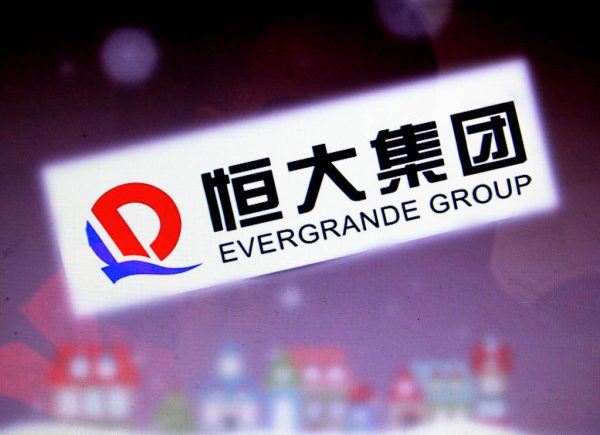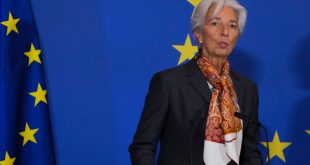On Monday, a Hong Kong court ordered the liquidation of China Evergrande Group, the world’s most indebted property developer with over $300 billion in total liabilities. This decision comes after Evergrande failed to provide a concrete restructuring plan more than two years after defaulting on a bond repayment. The liquidation is expected to have widespread implications for China’s financial markets as policymakers seek to manage a deepening crisis.
Justice Linda Chan, who presided over the case, emphasized that Evergrande had not presented a viable restructuring plan despite multiple court hearings. The company’s inability to address its financial challenges has led to the decision for liquidation.
Evergrande’s chief executive, Siu Shawn, assured the public that the company would ensure the delivery of home building projects despite the liquidation order. He stated that the order would not impact the operations of Evergrande’s onshore and offshore units.
The liquidation of Evergrande is anticipated to be a complex and prolonged process, with potential political considerations given the involvement of various authorities. Offshore investors will closely observe how Chinese authorities handle foreign creditors in the aftermath of the company’s failure.
Gary Ng, a senior economist at Natixis, remarked that the liquidation marks the beginning of a protracted process that will pose additional challenges to Evergrande’s daily operations. Uncertainties exist regarding how creditors can seize assets, the repayment rank of offshore bondholders, and the potential outcomes for shareholders, especially since most of Evergrande’s assets are in mainland China.
Evergrande, during a Hong Kong court hearing in July, referenced a Deloitte analysis estimating a recovery rate of 3.4% if the company were liquidated. However, after Evergrande disclosed in September that its flagship unit and chairman Hui Ka Yan were under investigation for unspecified crimes, creditors now anticipate a recovery rate of less than 3%.
The recent court ruling ordering Evergrande’s liquidation is not expected to immediately impact the company’s operations, including ongoing home construction projects. It could take months or even years for the offshore liquidator appointed by creditors to assume control of subsidiaries across mainland China, which operates under a different jurisdiction than Hong Kong.
The liquidation petition was initially filed in June 2022 by Top Shine, an investor in Evergrande unit Fangchebao. Top Shine claimed that the developer failed to fulfill an agreement to repurchase shares it had acquired in the subsidiary.
Before this recent ruling, at least three other Chinese developers had been ordered by a Hong Kong court to liquidate since the onset of the debt crisis in mid-2021.
 Noor Trends News, Technical Analysis, Educational Tools and Recommendations
Noor Trends News, Technical Analysis, Educational Tools and Recommendations





